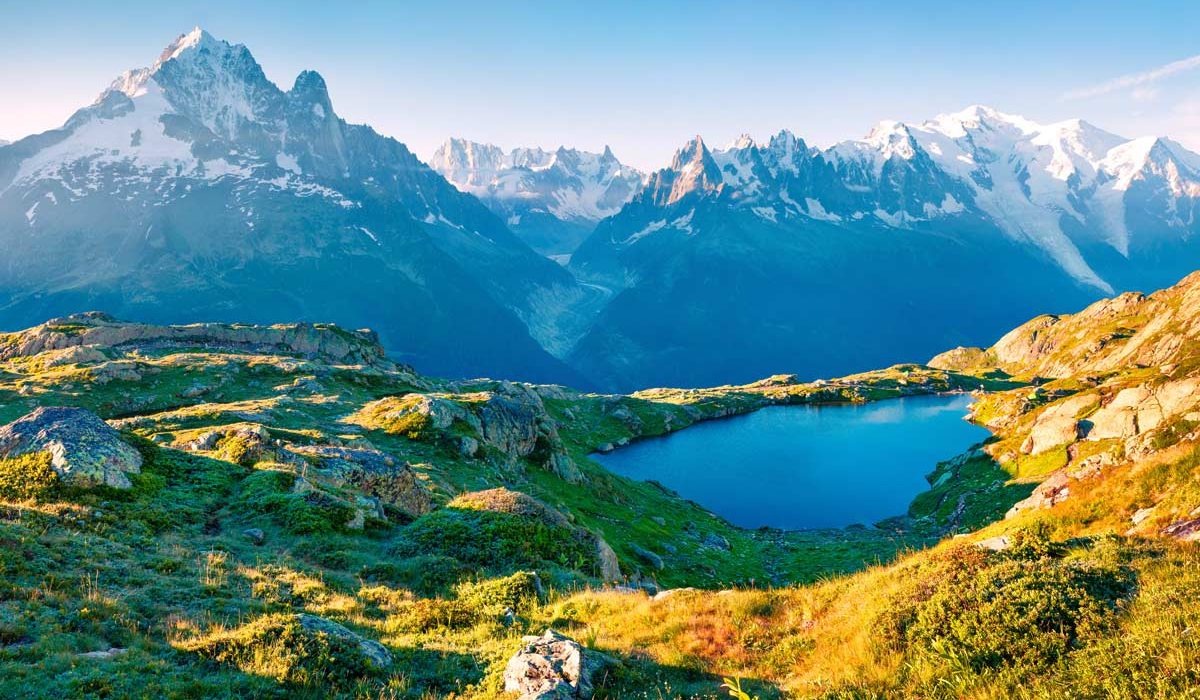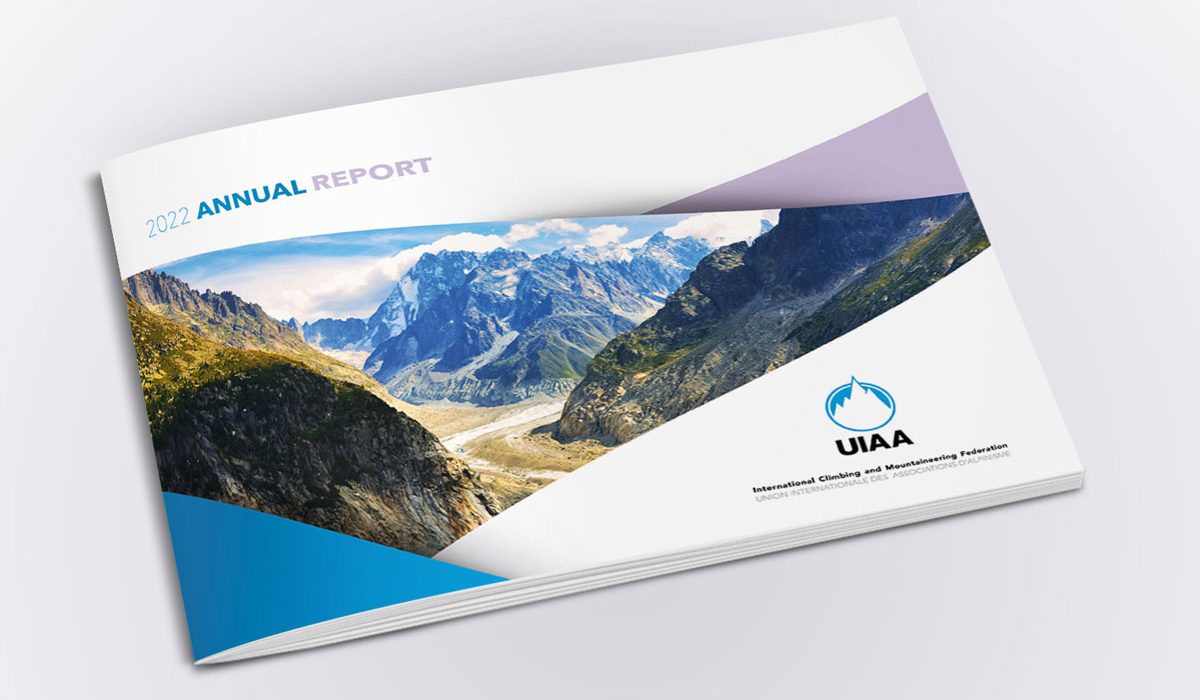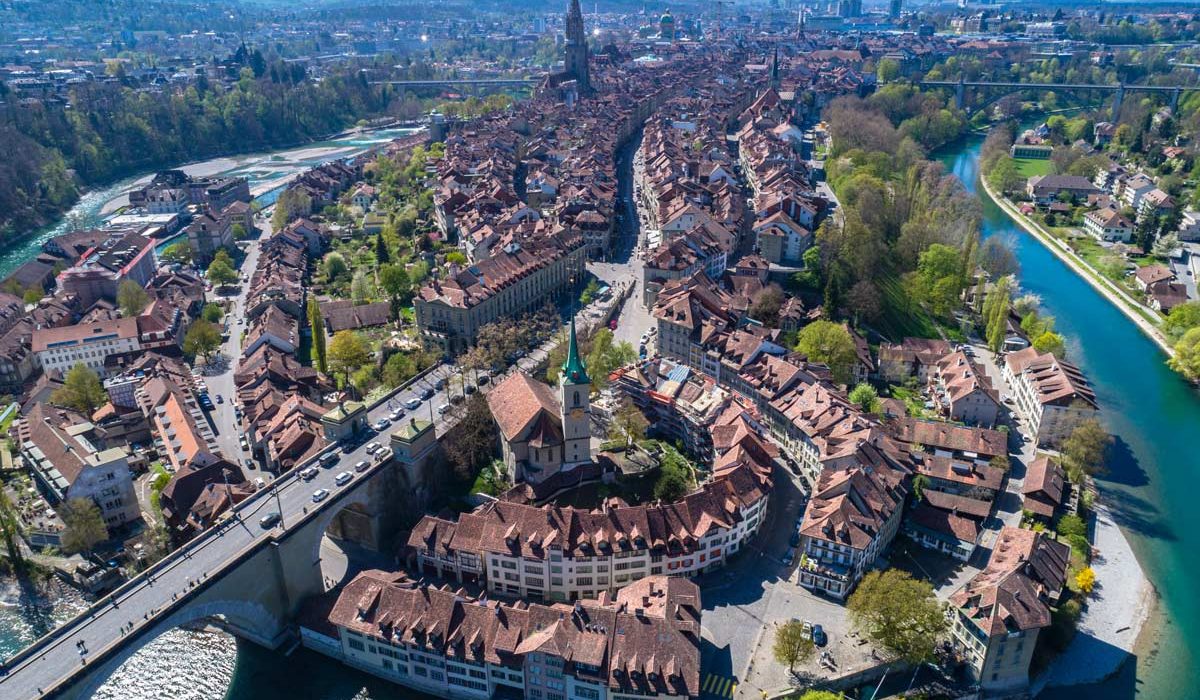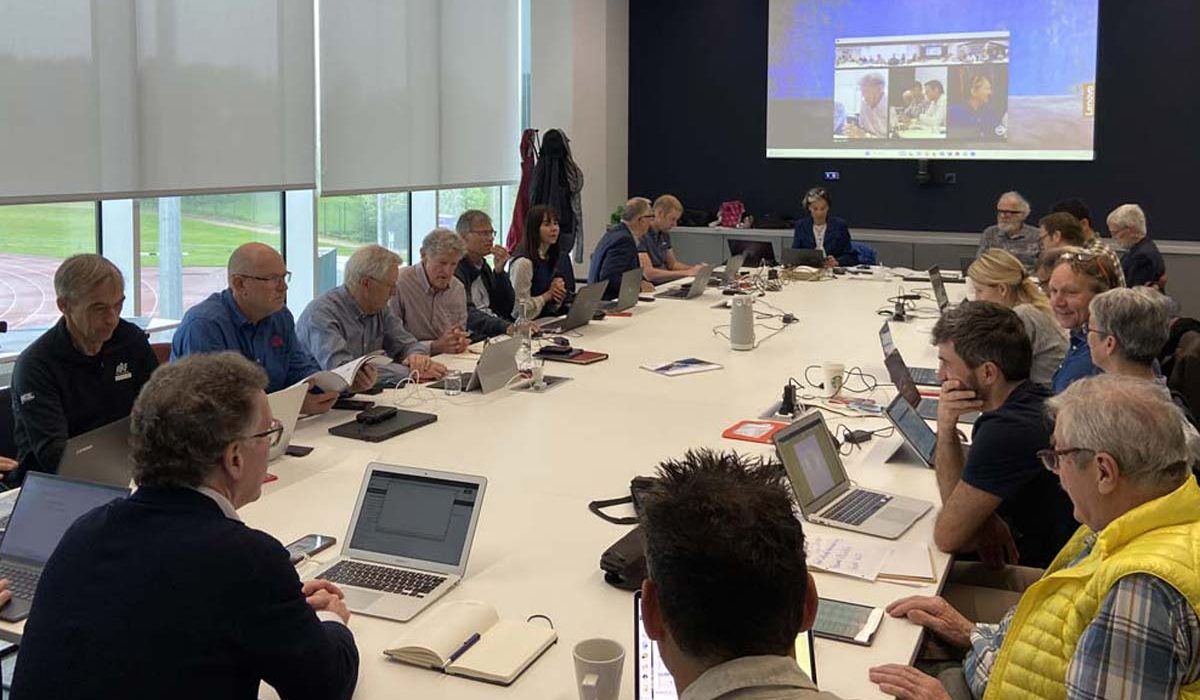During May’s UIAA spring meetings in Leeds, a special workshop was held to discuss several different access case studies from around the world. Over the coming weeks, the UIAA will share a number of these compelling stories. Following on from a cas...
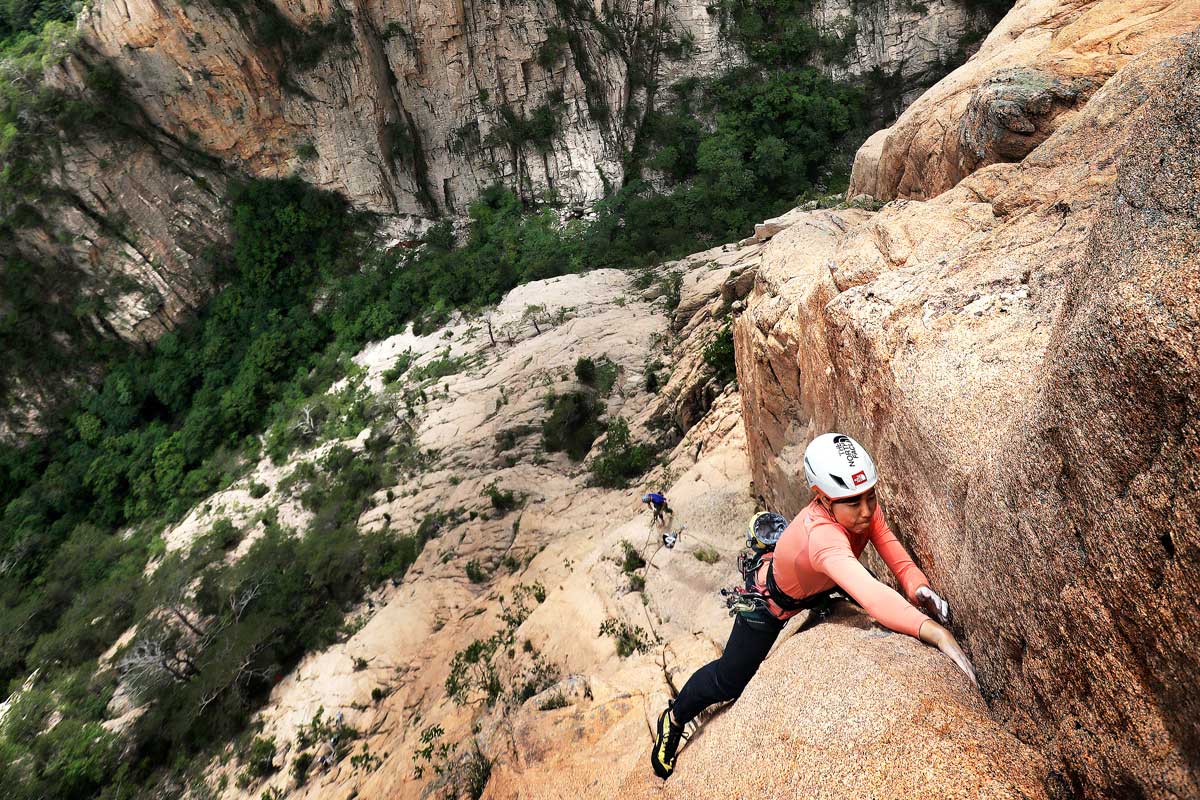
Access News
The UIAA – International Climbing and Mountaineering Federation – has published its 2022 Annual Report. Anybody interested in receiving a printed copy can do so by filling in the following form. Please note that there is a limited print run and ...
22nd MayRecently the UIAA – International Climbing and Mountaineering Federation – hosted its spring meetings in Leeds, England. The five-day event included meetings of the UIAA Executive Board, Management Committee, Commissions as well as a numb...
17th MayThe UIAA – International Climbing and Mountaineering Federation – spring meetings were held in Leeds, England in early May. In addition to meetings of the UIAA Management Committee, Commission Presidents, individual Commissions and several worksh...
12th May
Best Practices
These downloadable documents provide best practice information for climbing, mountaineering and walking access. The documents have been produced primarily by UIAA member federations such as the British Mountaineering Council (BMC) and the Federación Española de Deportes de Montaña y Escalada (FEDME). They are aimed at the general climber, others at land managers, and all of the documents can be used by activists and UIAA Member Federations as a basis for access work in their own countries and climbing areas.
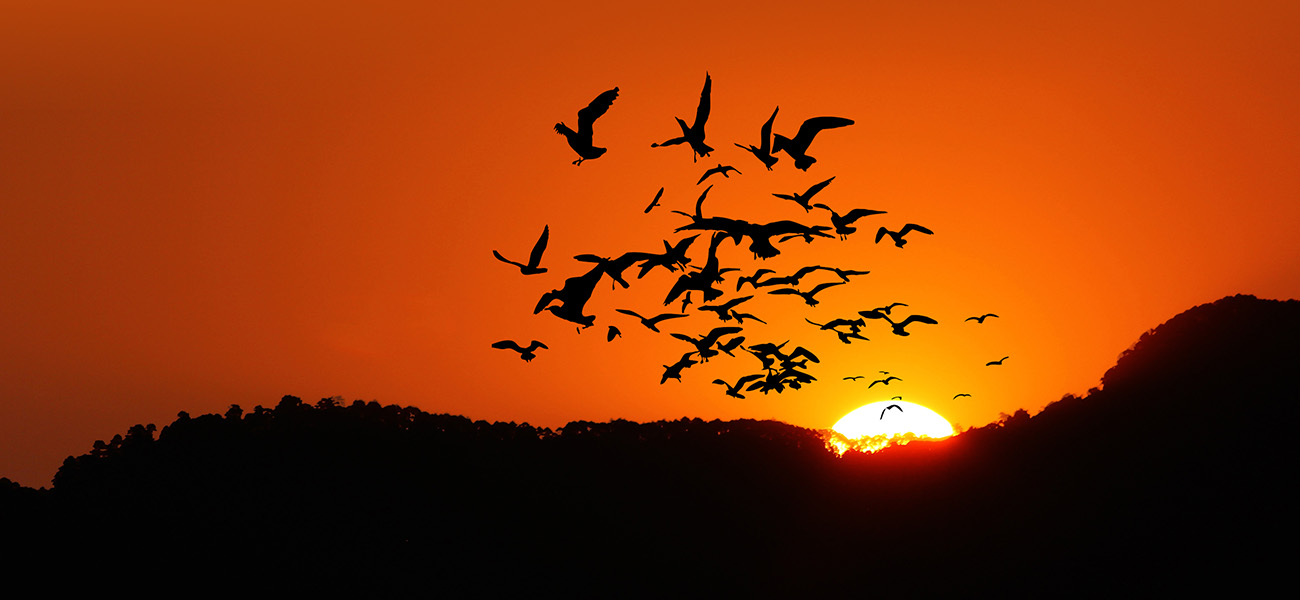
Access and Conservation Strategies
Setting up working groups to resolve access issues can be an issue by itself. Here are some access and conservation strategies for climbing areas which involve setting up good communication systems to public access agreements and good practices.
Argeos Charter
The late Stefano Tirinzoni, a member of the UIAA Management Committee and Italian Alpine Club (CAI), was instrumental in creating the Argeos Charter, a simple set of guidelines for sustainable mountain tourism in countries where mountain tourism is still in its infancy.
Bird Restrictions Leaflet
The UK is internationally recognized for its wintering, migratory and nesting birds and for over 30 years the BMC has worked with conservation bodies to produce this informative climbing restrictions leaflet. There is a general acceptance amongst conservation bodies and landowners. Restrictions can change during the breeding period, and the BMC’s Regional Access Database (RAD) plays an important role in providing up-to-date information for climbers. The RAD is a searchable database of all the crags with special access and conservation considerations, including all the agreed nesting restrictions for England & Wales – why not log-on and check it out?
Bouldering Poster
A fun poster by the British Mountaineering Council (BMC) which lists the 10 commandments to follow while bouldering. Includes “Leave vegetation in place – no gardening please.”
Climbing Management Plan
The Access Fund is the only national advocacy organization whose mission keeps climbing areas open and conserves the climbing environment. A 501(c)3 non-profi t supporting and representing over 1.6 million climbers nationwide in all forms of climbing—rock climbing, ice climbing, mountaineering, and bouldering—the Access Fund is the largest US climbing organization with over 15,000 members and affiliates.
Climbing in Sweden
Some sound advice from the Swedish Climbing Federation. They hope you have a great day in front of you but remind you that you climbing is an activity that comes with great responsibility. The ground rule is: don’t disturb – don’t destroy.
Federation Policies
The British Mountaineering Council (BMC) has produced a series of policies such as the ones on Environmental Policy, Climate Change Policy while the Scottish Mountaineering Council has produced an explanation on how climbing is conducted in Scotland.
Footpath Construction
The work of the British Upland Footpath Trust is to provide the highest standard of footpath work. This booklet draws together the expertise of craftsmen skilled in footpath construction and restoration in many different mountain settings across Britain.
Running: Good Practices for holding mountain races in protection natural areas
Experts from the UIAA member federation FEDME (Federación Española de Deportes de Montaña y Escalada) have collaborated with a number of bodies, notably Europarc-Spain, in producing a document which underlines the good practices for holding mountain running competitions in protected natural areas. The document is available to download in English here.
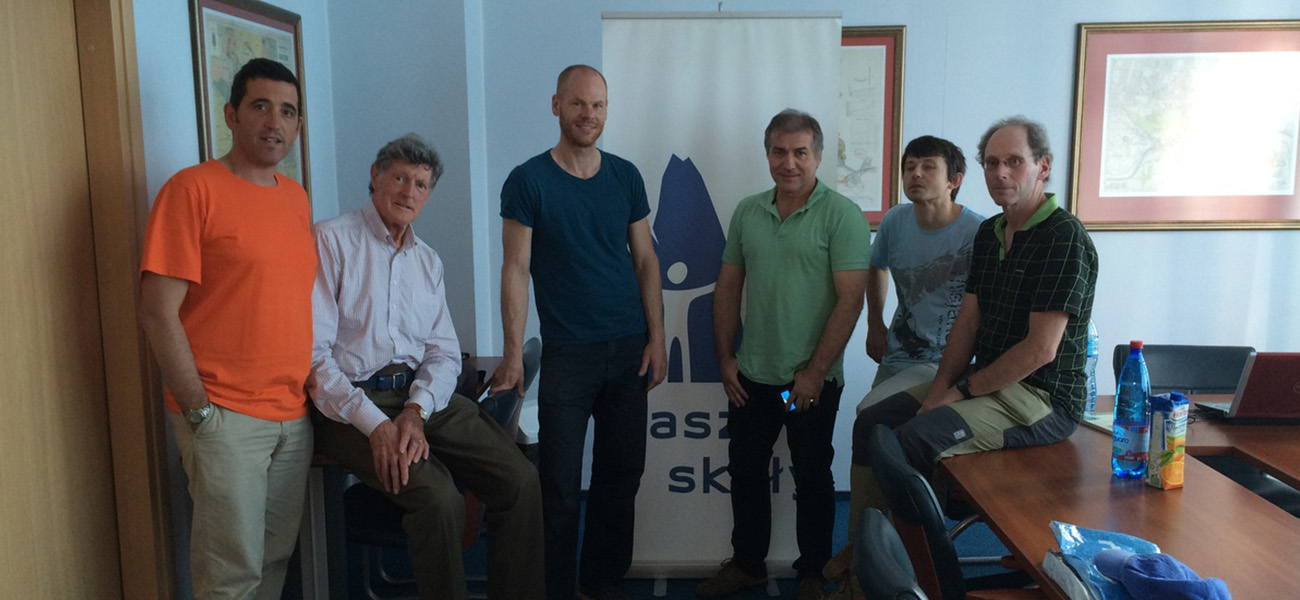
UIAA Access
The UIAA Access Working Group, part of the Climbing & Mountaineering Development Commission, works with international associations, and supports UIAA member federations and others to facilitate access to areas while being sensitive to environmental, social, legal and other considerations.
The WG:
- Promotes the freedom to practice mountaineering and climbing in a responsible manner as a fundamental human right.
- Provides advice, with supporting documentation, on the relationship between mountaineering and climbing and environmental, social and legal considerations.
- Encourages best practice in harmonising access with these considerations, and support member federations in challenging inappropriate restrictions.
- Liaises with international organisations on access and conservation issues and provide assistance, when requested, to member federations on such issues within their own countries.
- Fosters research in support of the commissions aims.
- Provides regular articles on important issues to the UIAA website and other publications concerned with mountaineering and climbing issues.
- Is present and represented at major international conference where access and conservation issues are discussed.
NEXT MEETING: TBC
Access Working Group Membership
As confirmed by the UIAA Management Committee (November 2021)
Access is now part of the Mountaineering Commission
MEMBERS
Milosz JODLOWSKI, Poland (PZA), Chair
Raluca ANA, Romania (CAR)
Hank HWANG, Chinese Taipei (CTMA)
Sudhir KRISHNANKUTTY, India (IMF)
Goran NIKOLOSKI, North Macedonia (FPSM)
Mehdi SOHEIL FARID, Iran (IMSCF)
CORRESPONDING MEMBERS
Hussein BAGIROV, Azerbaijan (WCU)
Jack BERGIN, Ireland (MI)
Nelson BRUGGER, Brazil (CBME)
Alexandru COMAN, Romania (CAR)
Esteban DEGREGORI, Argentina (FASA)
Hamidreza IZADI, Iran (IMSCF)
Hitoshi ONODERA, Japan (JMSCA)
Joao Paulo QUEIROS, Portugal (FCMP)
Richard Grant SHERRY, South Africa (MCSA)
EXPEDITIONS
Mahmood HASHEMI, Iran (IMSCF) – Full Member
Ulrike KIEFER, South Africa (MCSA) – Full Member
Ilina ARSOVA, North Macedonia (FPMS) – Corresponding Member
Alfredo PEREZ, Mexico (FMDMYE) – Corresponding Member

